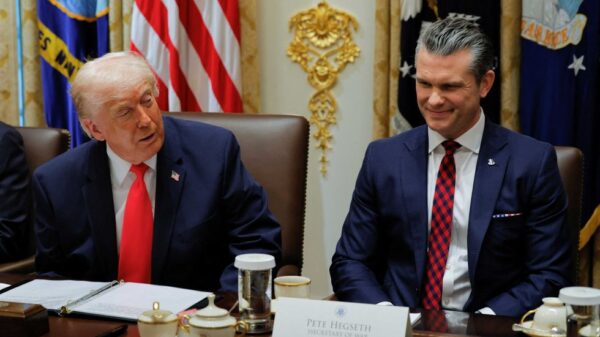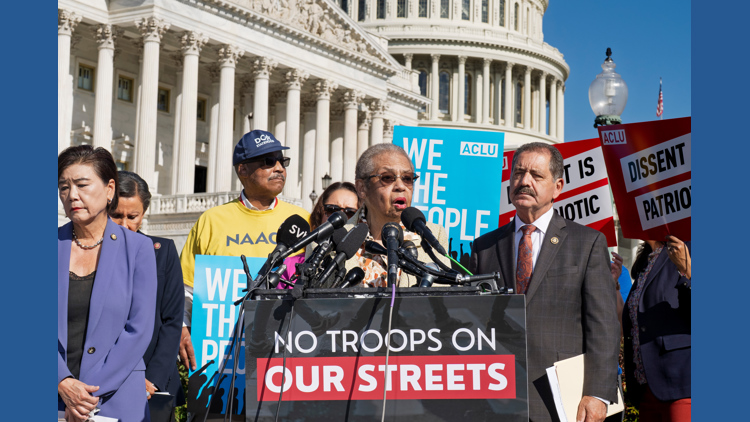Calls for Eleanor Holmes Norton, the long-serving delegate for the District of Columbia, to step down from her position in Congress have intensified following remarks made by former President Donald Trump. This development comes as the political landscape in Washington shifts, with Norton’s 18-year tenure now facing scrutiny.
Norton, who has represented Washington, D.C. in the House of Representatives since 1991, has been a prominent advocate for the city’s residents. However, her commitment to local issues has been called into question after Trump criticized her in a recent public statement. The former president’s comments highlighted dissatisfaction with her effectiveness as a delegate, igniting debate among constituents and political analysts alike.
Amid this controversy, some local leaders and political commentators have suggested that Norton should consider stepping aside. They argue that her ability to advocate for D.C. interests has diminished, particularly in light of the challenges faced by the city’s governance and its status as a non-state entity.
November 2023 marks a pivotal moment as the District continues to grapple with issues related to federal oversight and local autonomy. Critics of Norton contend that her long tenure has not translated into meaningful advancements for the district, especially when juxtaposed against the backdrop of Trump’s criticisms. The dynamics between local representation and national politics have never been more pronounced.
Norton remains a member of the Democratic Party, which has historically supported her efforts to secure statehood for Washington, D.C. However, Republican voices have seized upon this moment to question her relevance and effectiveness. The political divide in Congress often complicates advocacy efforts for the district, where residents lack voting representation.
As the debate escalates, supporters of Norton emphasize her unwavering dedication to D.C. issues and her substantial legislative history. They argue that her experience is invaluable, particularly as the city continues to navigate complex relationships with federal authorities. Norton has responded to the criticism, asserting her commitment to fighting for D.C. residents and their rights.
The situation highlights broader questions about representation and accountability in Congress. With a significant portion of the population in Washington, D.C. unable to vote for full congressional representation, Norton’s role as a delegate remains contentious. The implications of her potential resignation could resonate throughout the political landscape, influencing not only the district but also national conversations about representation for non-state residents.
Political analysts suggest that Norton’s response to the current climate will be critical. With the next elections on the horizon, her ability to rally support and address constituents’ concerns will determine her political future. The intersection of local advocacy and national politics continues to evolve, making Norton’s role a focal point in discussions about governance in Washington, D.C.






































































